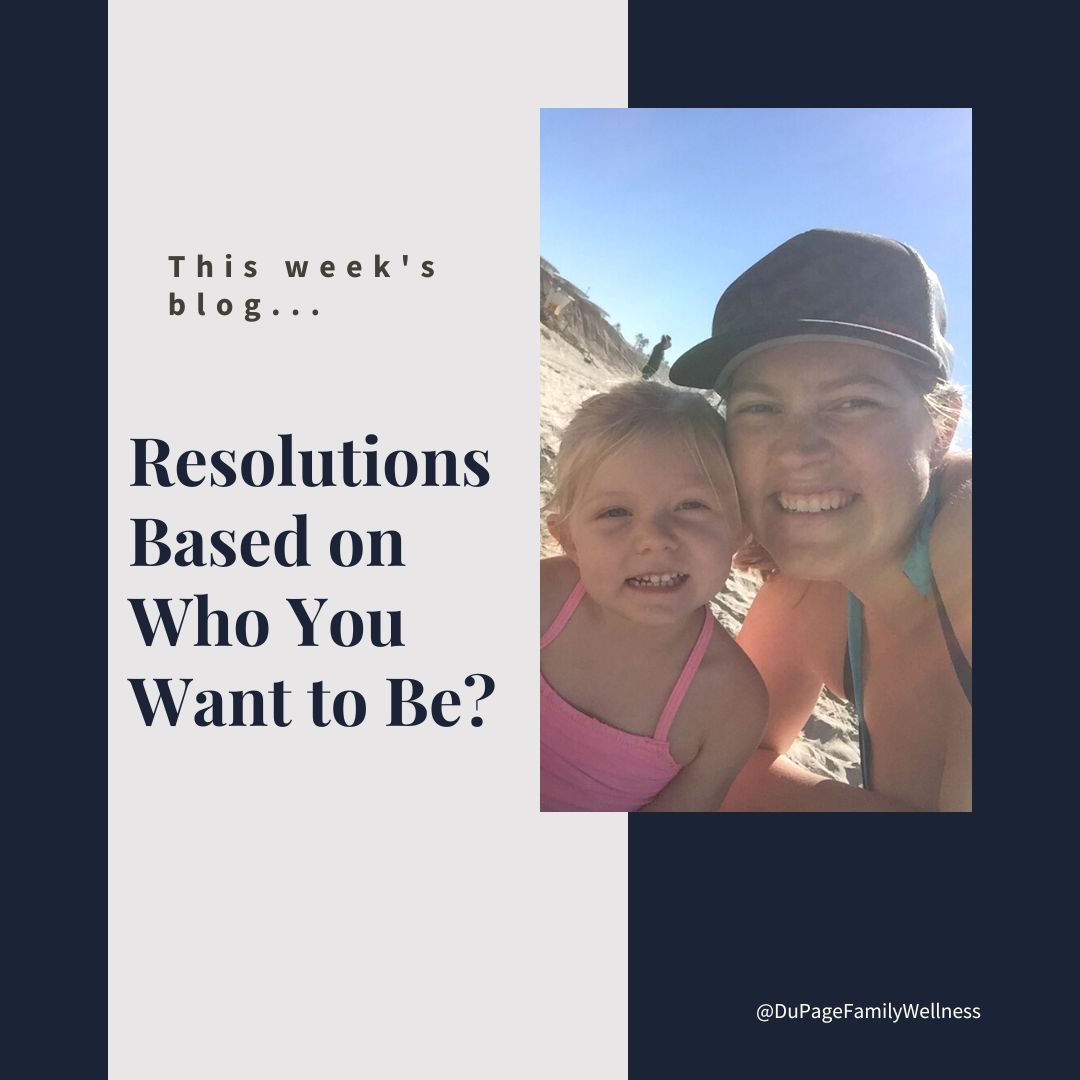 As we go into the new year, thirty percent of people make resolutions in hopes of changing for the better. Even those who don’t commit to specific change often find themselves reflecting on their life and clarifying their values.
As we go into the new year, thirty percent of people make resolutions in hopes of changing for the better. Even those who don’t commit to specific change often find themselves reflecting on their life and clarifying their values.
I want to introduce you to a concept that might make the process of change a little easier. It involves some soul-searching to find out who you want to be. Knowing this can help you see your next steps and motivate you in the process.
Let’s look at how to do that and then turn our attention to some tips for making traditional resolutions better.
Clarify Who You Want to Be
Before deciding on outward action take some time to think about who you want to be. Do this before you decide on specific resolutions or begin to make an action plan.
Do you want to be a…
- great parent
- successful entrepreneur
- good friend
- healthy vibrant person
- lighthearted individual
What do you see when you think about that person?
- what do they look like
- what are their facial expressions
- how do they perceive themself
- how do those close to them perceive them
What would the future you do if they were who you want them to be?
- how do they act
- how do they handle their finances
- how do they spend their time
- what do they eat
- what is their interaction like with their family
- do they take risks
- do they shy away from challenges
How Knowing This Helps
Finding out who you want to be will clarify “your why.” Knowing why you want to do something is as important as how you want to achieve it. Let’s look at some typical resolutions, breaking down what someone’s “why” might be. They may want to...
- eat healthy to feel more energized to pursue their career and become a successful businessperson
- save money to be able to travel and become an adventurous fun person when they retire
- reduce stress to be more present with their kids and be a great parent
- exercise more to set themselves up to stay active in their older years continuing to be a healthy vibrant person
How to Set Resolutions
Our lives five years from now will be a result of the culmination of tiny habits formed along the way. If you want to be a person in five years, you need to start acting like that person today.
If you are a resolution person, it’s time to make an action plan that will set you up to reach your goal. When we achieve a goal it creates a desire to keep going and often challenges us to make other positive changes.
So, when you set your goals…
- Be realistic - Look at your capacity (schedule, commitments, energy level, physical ability, etc.). As much as we hate to admit it, we are finite beings with limited capacity. Saying “yes” to one thing will mean saying “no” to something else. Make sure that your goal is worth saying “yes” to, and figure out what you will say “no” to in exchange.
- Be specific - John Norcross of the University of Scranton says, “if you can't measure it, it's not a very good resolution because vague goals beget vague resolutions." So, rather than deciding to "exercise more," you might want to say that you will take a walk three times a week during your lunch break.
Celebrate Each Step
Celebrating your success can literally help rewire your brain. That’s right, when you celebrate, even your littlest accomplishment, you are pairing a pleasant emotion with the action. This can make a big difference in developing habits that stick.
Dr. BJ Fogg, the author of Tiny Habits, explains that it is a victory every time you do the action you set out to do. He encourages you to think through how you can deliberately create a positive feeling in those moments, drawing attention to the accomplishments you are making.
It may mean you talk with yourself the way you would encourage a child, telling yourself “Good job’ or “I am so proud of you!”
Fail Forward
When you begin adjusting the way you live, there will be times when you feel like you are failing. That is okay! According to author C.S. Lewis, "Failures, repeated failures, are finger posts on the road to achievement. One fails forward toward success."
You fail forward when you recognize your mistake and keep persevering despite it, knowing that failing is a part of the learning process. In fact, you often learn because you mess up. When you understand the importance of failing, it frees you up to risk, try, fail, and learn more. And it helps you to be kinder to yourself.
Playing it safe might keep you from failure, but it will also limit your growth. Whenever fear of failure holds you back, remember that no one is good at something the first time they try!
For myself, I want to be a great mom who is energetic and playful. The type of mom who is present with her kids, putting down her cell phone when she is with them. This mom would model healthy lifestyle choices for her children, leading them to make healthy choices for themselves. Who do you want to be?
Dr. Jamie
*As an Amazon Associate, I earn a small commission from qualifying purchases made through the links.

